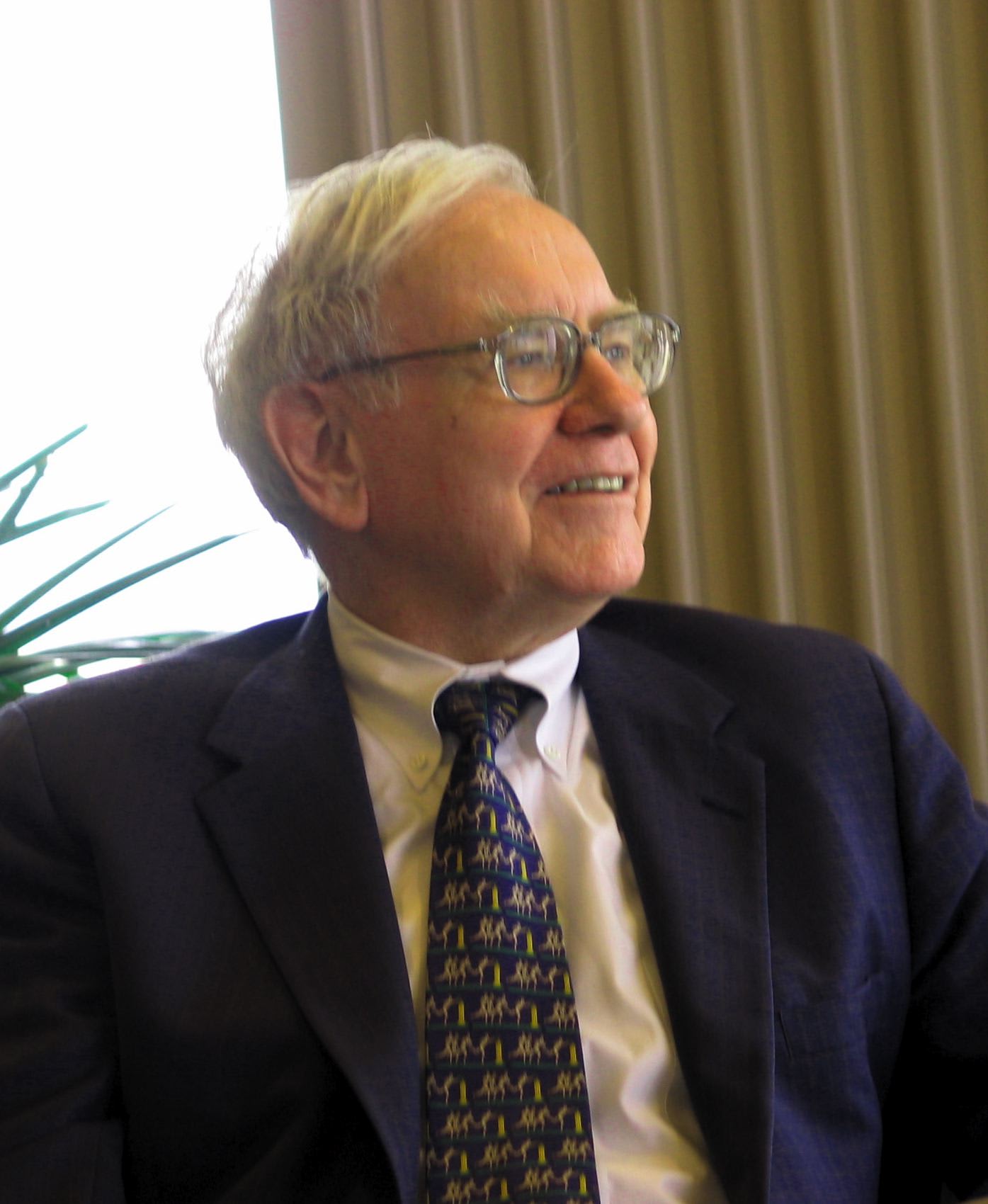
Warren Buffett repeatedly says that he does not give stock tips. Instead he gives out wisdom in the form of certain principles. His gift is his extraordinary ability to relate those principles in a manner that is succinct, entertaining, compelling, and easily understood, often employing the use of aphorisms and parables.
On the surface, the principles of Warren Buffett are about mundane matters like investing in the stock market, running businesses, and understanding financial reports. Taken at face value, his principles are sound advice, and those who have followed them properly can attest to their efficacy.
Many ancient Jewish religious texts, Biblical and Talmudic, also appear on the surface to give sound investment advice. For instance in the book of Proverbs we find,
“The wise one gathers in the summer.”[i]
“Harm awaits him who cosigns for a stranger.”[ii]
“One who spreads out [his wealth] will see a profit.”[iii]
The simple understanding of these verses is that you should invest your money at the right time, run background checks on potential business associates, and diversify your portfolio. All good advice. However Jewish tradition has always understood these verses allegorically. The surface meaning has some value, but if the verses are deciphered properly, the discerning reader will find hidden meanings that are “better than rubies, and no goods can equal it.”[iv]
In the same way, Warren Buffett’s principles can be viewed as parables, and a discerning person who studies his writings and speeches will find that they contain pearls of wisdom that lead to treasures far more valuable than money.
 Over the last few years I became a student of Warren Buffett, but not in the financial sense. I have read his teachings looking for deeper meaning and I have found lessons about morality, ethics, and character development that are consistent with the values of the Torah and Jewish tradition.
Over the last few years I became a student of Warren Buffett, but not in the financial sense. I have read his teachings looking for deeper meaning and I have found lessons about morality, ethics, and character development that are consistent with the values of the Torah and Jewish tradition.
This book is not another book about Warren Buffett’s life. It is one rabbi’s reflection on the principles, the ideals, and the values that I learned from his writings and speeches.
There are many good books already written about Warren Buffett, and I am sure many more will be written in the future. This book does not claim to be authoritative, and it is certainly not exhaustive. The quotations found in the following pages represent a small sample of the wisdom that I found in the hundreds of pages that I read, and in the dozens of hours of videos that I watched over the last few years.
Warren Buffett is not Jewish. He is a value investor, which means, simply put, he searches for bargains. And what is more Jewish than that?
Although anti–Semites have tried to shame Jews for their ability to save money, the Jewish ability to bargain, to Jew down the price, is not a vice, but a great virtue. The hunt for a bargain is really a quest to get full value for every dollar spent. It demonstrates an understanding that money is only a means. When a person acquires money he acquires the responsibility of finding the most efficient way to spend it on the goods and services that will provide the greatest value.
As Warren Buffett’s mentor Benjamin Graham put it, “Price is what you pay, value is what you get.”[v]
This concept can be illustrated in a famous story about the last teaching from the great Rabbi Elijah the Gaon, the Genius of Vilna.
In the year 1796 Rabbi Elijah fell ill. Knowing that his days were numbered he called for his family and his students. When they arrived he took hold of his tzitzit, the Biblically mandated fringes[vi] that hung from his garment, and he held them up and said, “This garment that I bought for a few pennies, by wearing it each day I was able to attain a valuable reward for fulfilling the word of God. In the world to come, even so simple a deed will not be possible.”[vii] As he left this world for the world to come, he wept because he was leaving behind the investment opportunities that only exist in this world.
Judaism views this world as an antechamber to the next world.[viii] Our challenge in this world is to accumulate as much merit as we possibly can while we are here. Throughout life we make choices of where to spend our time, money, and energy. That is the price we pay. The consequence of our life choices is the value we get. The principles that guide those choices are our values.
This is an excerpt from Rabbi Jon Gross’s book, Value Investing: An Omaha Rabbi Learns Torah from Warren Buffet. The book is available for purchase here.
[i] Proverbs 10:5
[ii] Proverbs 11:15
[iii] Proverbs 11:24
[iv] Proverbs 8:11
[v] Annual Letter 2008
[vi] Numbers 13
[vii] Irving M. Bunim, Ethics from Sinai: An Eclectic Wide–ranging Commentary on Pirke Avoth, (Feldheim, 1966), Vol.2, 152
[viii] Pirkei Avot 4:21
The words of this author reflect his/her own opinions and do not necessarily represent the official position of the Orthodox Union.

